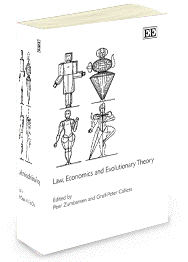Reflections on U.S. Law Curricular Reform - Part I/II
By Toni M. Fine
A. Introduction
There has not been dramatic reform to legal education for many years. Although changes to the way we train students to be lawyers certainly have been made in the past decades, there has not been occasion to fundamentally re-think the process for educating lawyers.
A recent report published by the Carnegie Foundation for the Advancement of Teaching and other critiques of the current state of legal education have re-energized discussions of curricular reform in law schools in the United States. Even as legal educators around the world struggle to adopt education reform – including in Europe where the Bologna Convention calls for what in some countries will be dramatic changes to legal education as usual, and in East Asia where Japan and Korea have recently undergone dramatic reforms to their method of legal education -- U.S. law schools are being compelled to undergo serious rethinking about their curricular choices.
This paper explores critiques of U.S. legal education and ongoing curricular changes to U.S. legal education. Part I examines calls for changes to U.S. legal education. Part II discusses reforms that have been ongoing at law schools throughout the United States. Finally, this paper offers some modest conclusions about the future of U.S. legal education.
B. Calls for Reform of U.S. Legal Education
Despite the predominance over the last century or so of the Landgell method of law teaching, there have been periodic calls for reform of legal education in the U.S. in the modern era, the most prominent of which will be discussed here. The first of these was a study released in 1979 commissioned by the American Bar Association (ABA), and known as the “Cramton Report”. The second study, known as the “MacCrate Report,” was a report released in 1992 by a task force formed by the ABA. Most recently, in 2007, the Carnegie Foundation for the Advancement of Teaching issued a report on the state of legal education in...

